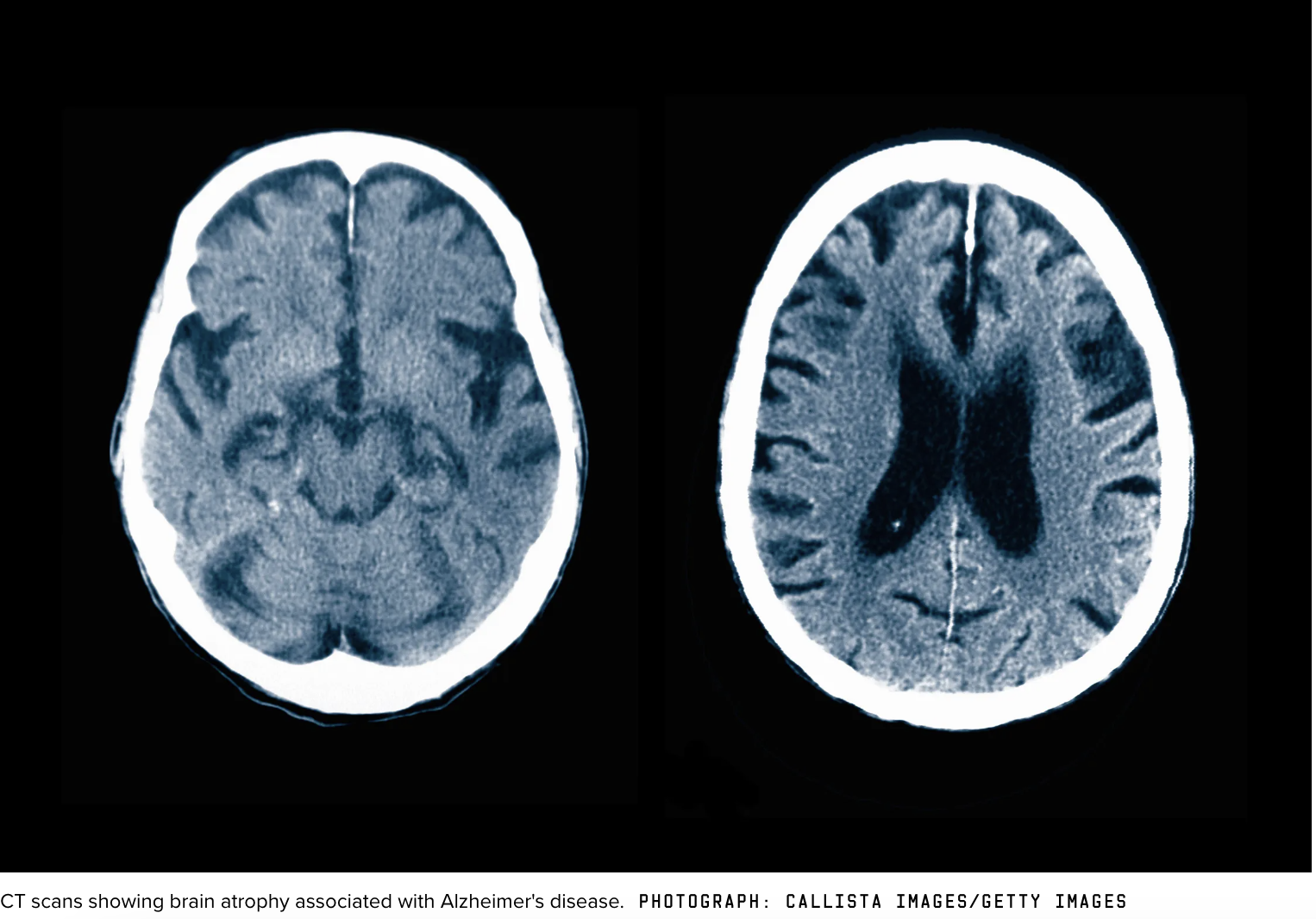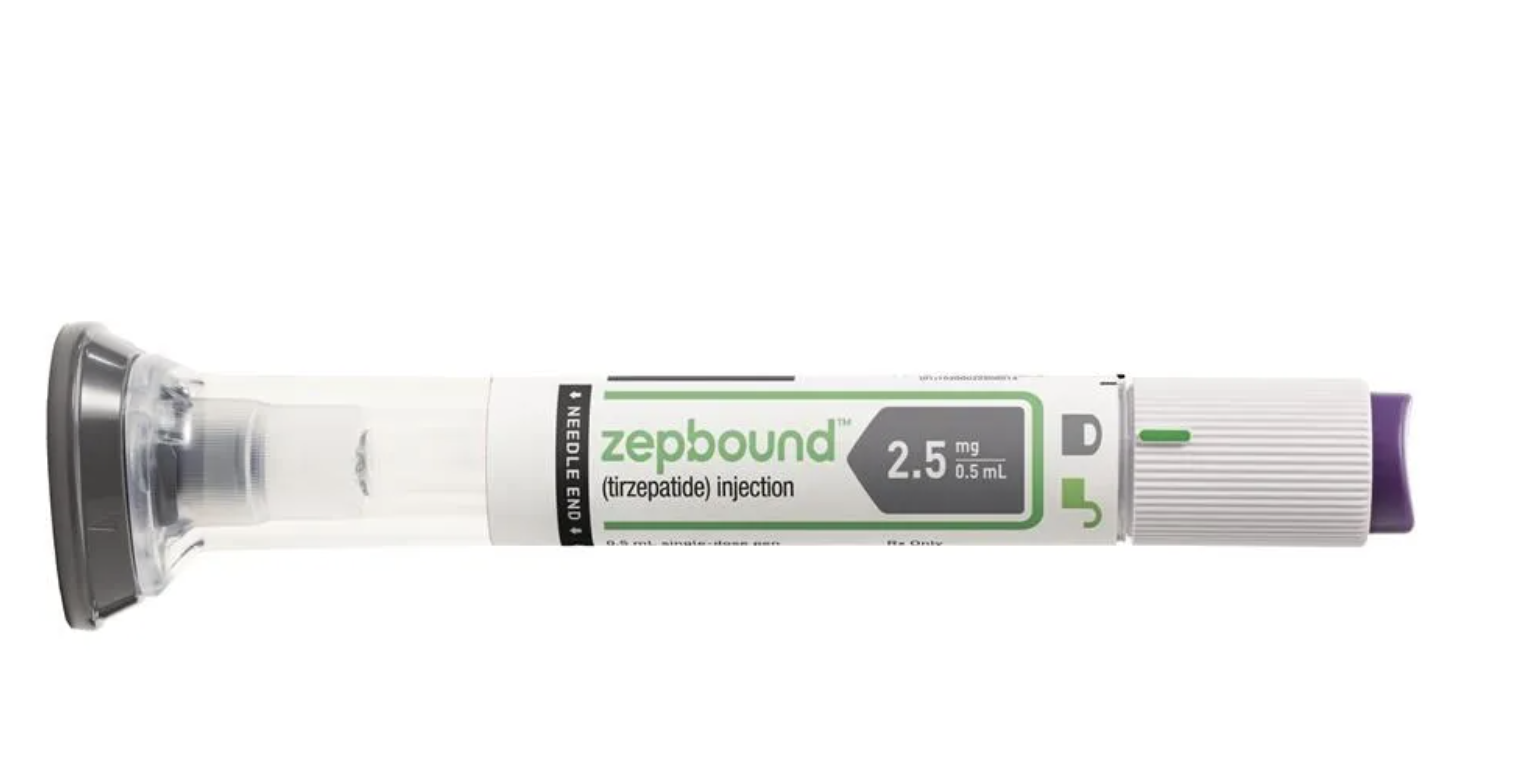AI Stethoscope for Heart Failure, Mild Cognitive Impairment Underdiagnosed, Drug-Resistant Salmonella in Canada, COVID Corner: Mask Updates, Zepbound for Weight Loss.
The Full Panel meets your TLDR (Too Long; Didn’t Read) needs by delivering the latest medicine & health news in a nutshell. 🥜
AI stethoscope to help diagnose heart failure 🩺

Gist: AI-powered stethoscopes are being trialed in GP clinics across London and Wales to improve the diagnosis of heart failure, which could enhance patient outcomes and reduce NHS costs.
Nitty-Gritty:
- The TRICORDER program, led by Imperial College London and funded with £1.2M from the NIHR, is deploying Eko DUO devices in 100 primary care practices.
- Heart failure, a condition where the heart can't pump blood effectively, affects 2% of the UK population and consumes 4% of the NHS budget.
- The Eko DUO AI tool has shown a high accuracy rate compared to routine diagnostic tests that are invasive and expensive.
- This tool could potentially save £2,400 per patient by reducing the need for emergency room visits and is expected to improve early detection rates.
Big Picture: The widespread implementation of AI diagnostic tools in primary care could revolutionize the detection and treatment of heart disease, saving lives and reducing financial strains on healthcare systems. This initiative underscores the potential for technology to address critical healthcare challenges, potentially impacting millions in the UK.
Original source: here.
Majority of patients with mild cognitive impairment (MCI) remain undiagnosed 🧠

Gist: Recent studies reveal that 92% of Americans with mild cognitive impairment (MCI) remain undiagnosed, limiting their access to potential Alzheimer’s treatments that could slow cognitive decline if detected early.
Nitty-Gritty:
- Researchers found that only 8% of those expected to have MCI based on health demographics were diagnosed, with lower diagnosis rates among Black and Hispanic individuals and lower-income groups.
- The studies utilized data from the Health and Retirement Study and Medicare beneficiaries, highlighting a significant gap between expected and actual MCI diagnoses.
- MCI diagnosis is challenging; it's often overlooked in primary care due to its subtlety, lack of training, and the stigma surrounding dementia.
- New Alzheimer’s medications, like Leqembi (lecanemab-irmb), show promise in slowing cognitive decline but are not without risks and depend on early detection.
Big Picture: This under diagnosis of MCI poses a significant healthcare challenge, especially with the emergence of new treatments for Alzheimer’s. It underscores the need for improved awareness, better training for primary care providers, and more inclusive and sensitive diagnostic tools. The issue also raises concerns about healthcare equity and the readiness of the healthcare system to handle an increase in demand for new treatments. This situation calls for a shift in how brain health is discussed and managed in healthcare settings.
Original source: here.
Outbreak of extensively drug-resistant salmonella in Canada 🤢

Gist: A recent outbreak of extensively drug-resistant salmonella in Canada is linked to raw pet food and contact with cattle, affecting primarily children under five and resulting in several hospitalizations.
Nitty-Gritty:
- The Public Health Agency of Canada reports 40 confirmed cases across six provinces since July 2020, with the outbreak still ongoing.
- This salmonella strain is resistant to common antibiotics, complicating treatment options.
- Exposure sources include handling raw pet food and contact with cattle. No single pet food supplier has been identified as the source.
- Symptoms in humans include fever, vomiting, diarrhea, and abdominal cramps, occurring 6 to 72 hours after exposure and lasting up to a week.
- The infection can be severe, especially in vulnerable groups like young children, older adults, pregnant individuals, and those with weakened immune systems.
Big Picture: The outbreak highlights the growing concern of antibiotic-resistant bacteria and the risks associated with raw pet food and livestock contact. It underscores the need for caution in handling these products and the importance of thorough hygiene practices. The ongoing nature of the outbreak suggests an unidentified continuous source, raising concerns about wider impact and the need for more effective detection and control measures.
Original source: here.
COVID Corner: Ontario has reinstated indoor mask mandates for long-term care staff 😷

Gist: Ontario has reinstated indoor mask mandates for long-term care staff due to a rise in COVID-19 cases and outbreaks, with new vaccinations targeting the XXB variant also now available.
Nitty-Gritty:
- As of November 7, long-term care staff in Ontario must wear masks in all resident areas, with a strong recommendation for masks to be worn by caregivers and visitors.
- The Public Health Ontario report indicates a substantial uptick in COVID-19 cases among long-term care residents and staff in 2023, with significant hospitalizations and fatalities.
- COVID-19 positivity rates in Ontario have risen, with current rates at about 17%, surpassing those for influenza and RSV.
- The case rate per 100,000 people increased from 12 in early September to 20.5 by the end of October, supported by wastewater data showing an upward trend.
Big Picture: The return to mask mandates reflects an effort to curb the spread of COVID-19 within vulnerable populations, especially as the province experiences a surge in respiratory virus outbreaks. The introduction of a new vaccine for those over six months aims to reinforce the healthcare system's capacity to manage not only COVID-19 but other critical health emergencies. Public health measures and vaccination campaigns are being emphasized to protect both the healthcare system and the wider community.
Original source: here.
The FDA has approved a new weight loss drug, Zepbound 💉

Gist: The FDA has approved a new weight loss drug, Zepbound, which has shown significant results in clinical trials but comes with a high price tag and potential gastrointestinal side effects.
Nitty-Gritty:
- Zepbound, by Eli Lilly, has been FDA-approved for adults with obesity or those overweight with weight-related conditions.
- Clinical trials showed an average weight loss of 22.5% body weight, about 52 pounds, in 16 months.
- The drug is expected to be available in the U.S. by year-end, costing approximately $1,060 per month, a price point that may limit accessibility.
- Zepbound, containing the same active ingredient as the diabetes medication Mounjaro or Ozempic, works by mimicking hormones that reduce appetite and may improve metabolism.
Big Picture: With obesity affecting 4 in 10 U.S. adults, Zepbound represents a significant advancement in obesity treatment, potentially rivaling bariatric surgery effects. However, its success may be tempered by its affordability and insurance coverage, as well as the need to manage side effects carefully. The drug's introduction reflects a growing focus on pharmaceutical solutions to obesity, amid concerns about the healthcare system's capacity to support widespread usage of such expensive treatments.
Original source: here.
Interested in previous newsletters or other articles we’ve published? Check them out here at: thefullpanel.com
Got a question for us? Suggestions for content you’d like to see? Feedback? E-mail us at: hello@mail.thefullpanel.com
🤗 Don’t forget to share with your friends! 👋
